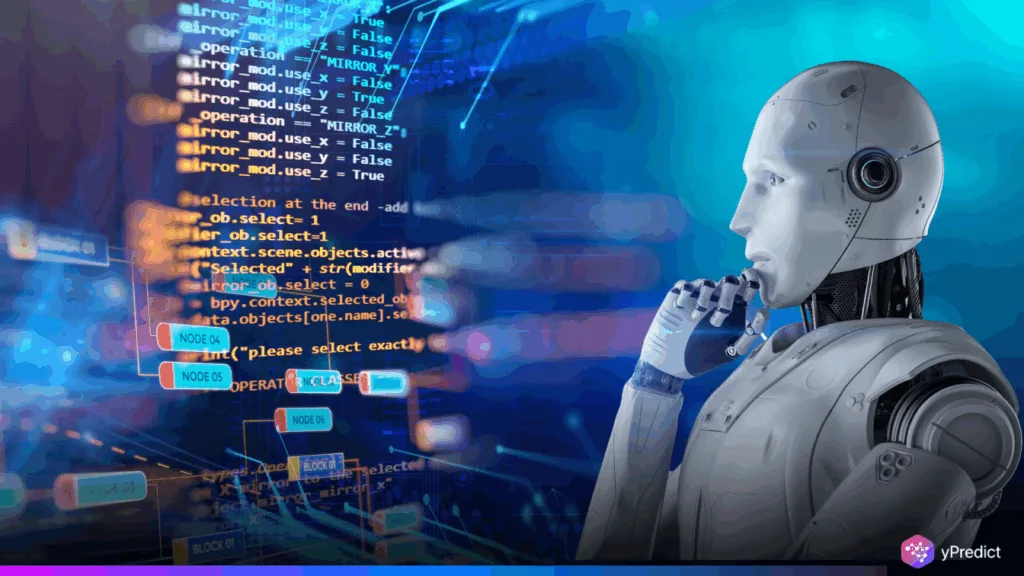
The next model in the GPT series of AI is the upcoming GPT-5 model. Which is gaining attention due to its projected jump in practical application in the field of coding. At least in terms of resource management in large and complex code bases. As the competition becomes ever-desperate. There might be the possibility that the said development will pose a threat to the existing advantage that Anthropic currently enjoys. When we take into consideration that Claude Sonnet 3.5 has been regarded as the most powerful coding model today. Should GPT-5 be as good as its predecessors, it can potentially initiate a change of developer affinity. As well as enterprise adoption, with repercussions on startups using the Anthropic technology.
GPT-5 Expected to Challenge Claude in Complex, Real-World Coding Tasks
Initial results indicate that GPT-5 can greatly enhance practical coding ability, closing those gaps in debugging, repairing old software, and managing a vast repository of code, which, thus far, most AI models are not particularly good at. GPT-5 will be usable by everyday professional developers in contrast to prior models that are the best in solving some specific task or in partially achieving some academic metric. Such an improvement would make the model of OpenAI the default tool when it comes to doing production-level work in software.
In practice, GPT-5 should supersede Claude Sonnet 4 in case the AI tool exceeds expectations. This would be a direct attack against the monopoly of Anthropic since a lot of platforms, such as Cursor, Windsurf, and even GitHub Copilot, currently operate on the models of Claude. The return of developers towards the OpenAI ecosystem can further imply turning over the recent changes in the market share and potentially even disrupting previously established enterprise strategies based on the stack provided by Anthropic.
Market Share Battle Intensifies as Model Quality Shapes Developer Loyalty
Anthropic’s Claude Sonnet 3.5 recently drove a surge in enterprise adoption, doubling its market share to 24%, while OpenAI’s share declined from 50% to 34%. This shift was fueled by Claude’s strong reputation for code-related performance. However, if GPT-5 outperforms Claude 4, as insiders suggest, it could cause a reversal, drawing startup and enterprise users back to OpenAI. Such moves could disrupt revenue streams and shake investor confidence in newer players.
Startups like Cursor and Windsurf may face hard decisions if GPT-5 becomes objectively better for engineering workflows. But beyond quality, there’s fatigue in the market: constant model updates from OpenAI and Anthropic raise questions about sustainability. While innovation is exciting, companies must now decide whether to chase the next big release or invest long-term in platforms that promise stability. The landscape is becoming less about short-term features and more about ecosystem reliability, developer trust, and cost of switching.
GPT-5’s Coding Edge May Trigger Another Platform Realignment
If GPT-5 delivers on its promise of superior coding capabilities, it could spark a major platform shift away from Anthropic and back toward OpenAI. While Claude’s models currently lead in some areas, developer sentiment often follows practical utility, and practical coding tasks are a battleground. With startups and enterprises alike chasing productivity, any advantage could redefine AI’s role in the software stack. Yet as model releases accelerate, the bigger question looms: can this pace of change hold? The coming months will test whether developers want the best tool available or the most stable one they can trust.






